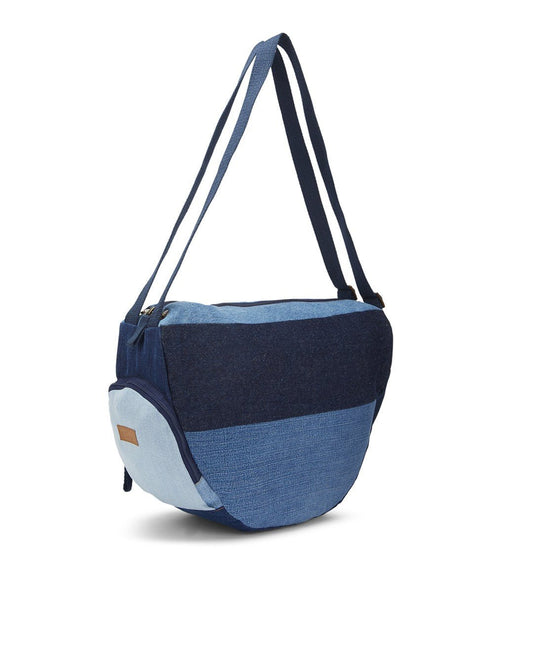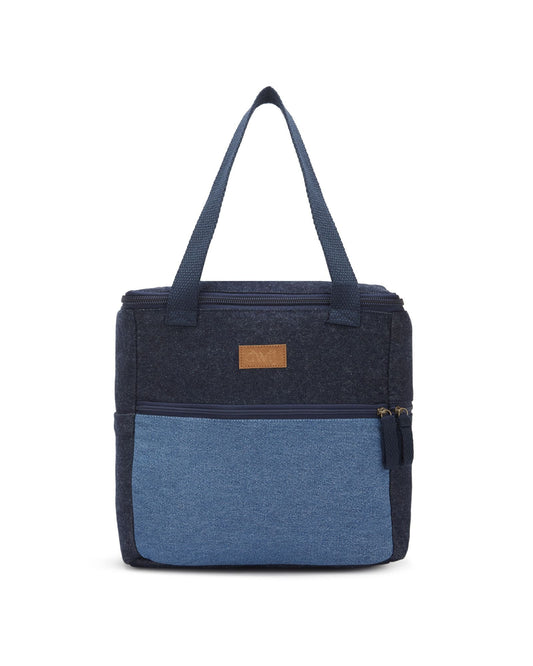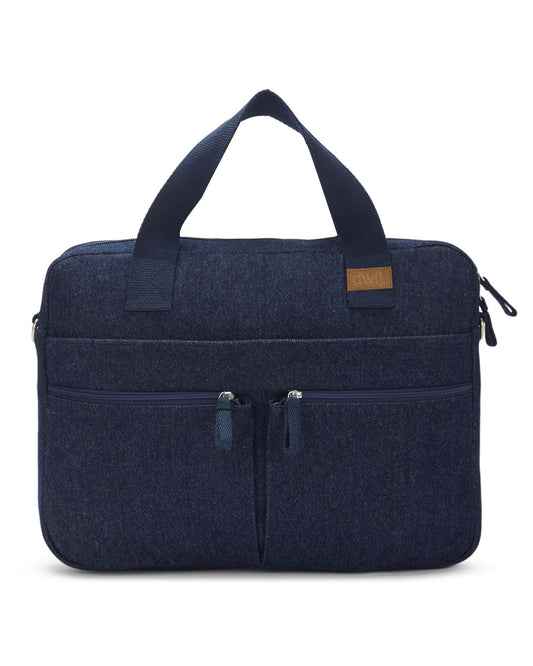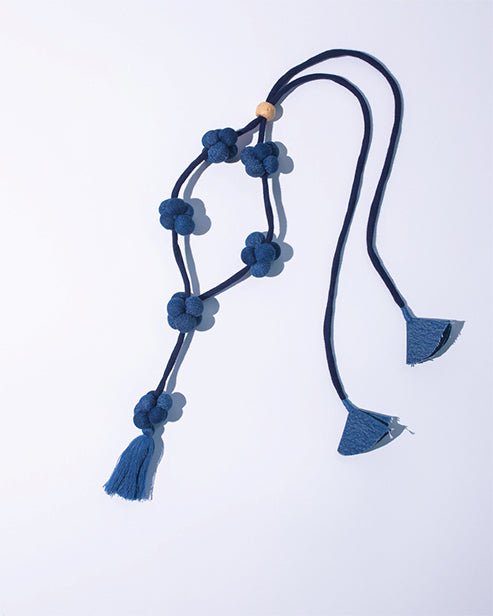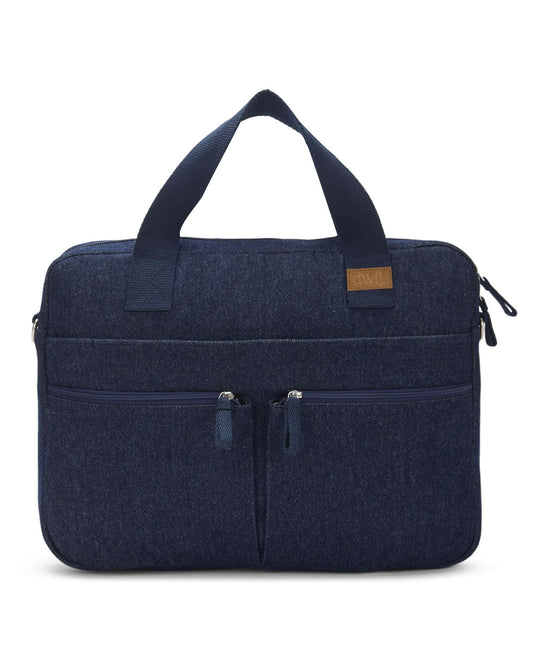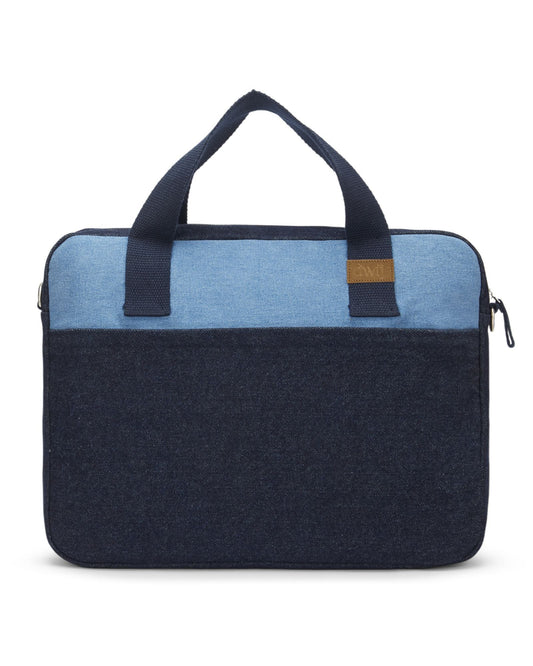Our world is slowly diving toward sustainable living, and all the credit goes to eco-friendly and sustainable products. And without a doubt, in terms of eco-conscious materials, bamboo stands out. This blog is for people who are completely unaware of the supremacy of bamboo products in sustainable living. Bamboo is known for its rapid growth and versatility, making it a sustainable material for clothing and various products for us to live a sustainable life.
But many of us doubt and question Is bamboo sustainable? Or can it be used for sustainable fashion and living? Well, to know everything about bamboo clothing, fashion, and products, you've got to scroll down and read how beneficial bamboo is for not only the environment but for us as well. Let’s not waste another second and dive deep into the essence of bamboo fashion and products.
Bamboo: The Green Diamond
Unlike any other plant, bamboo’s growth is extremely fast, and it does not require much water or pesticides to thrive. And most importantly, it’s appreciated for its ability to absorb carbon dioxide from the atmosphere. Now, don’t you think a plant that can be used to make daily life essentials, requires very little water to grow and also saves the environment should be as valuable as a diamond for us?

Bamboo Products and sustainable fashion
Apart from being an environment-friendly plant, bamboo is popularly known for its diversity and ability to be used as a material for many sustainable products. You might be surprised to know there are eco-friendly ways to produce bamboo fabric.
You can look for clothing from "bamboo linen" or "bamboo lyocell." These types of bamboo fabric are produced using a closed-loop system, which recycles and reuses the chemicals involved in the production process, making it more environmentally friendly.
Bamboo is an incredibly versatile and sustainable material, making it an excellent choice for various fashion products. Here are some fashion products made from bamboo:
Bamboo clothing: Bamboo, as a sustainable fashion material, is used to produce distinct types of clothing. Bamboo clothing includes t-shirts, socks, underwear, lingerie, and activewear. Bamboo clothing is considered one of its kind as it’s immensely soft, contains moisture-wicking properties, and has breathability, making it a comfortable and eco-friendly choice.
Bamboo Sunglasses: Have you ever thought about the term bamboo sunglasses? I’m very sure you have not! But bamboo sunglasses do exist, and you’d be surprised to know they often come with polarized lenses for eye protection. If you’re fond of sustainable fashion, you can’t skip this one.
Bamboo Belts: Apart from some prior fashion products, bamboo is also firmly used to make belts to give your outfit a unique look and make you stand out from others as a sustainable fashion enthusiast.
Bamboo extends its green reach beyond clothing. It's used to make a wide range of products, including kitchenware, toothbrushes, and furniture. These products are often praised for their sustainability because bamboo is renewable, durable, and lightweight.
Bamboo furniture: Bamboo furniture is one of a kind. Furniture made from bamboo is not only stylish but eco-friendly as well. It's strong and lightweight, making it easy to move around. However, ensure that the bamboo used in your furniture is sourced sustainably to avoid contributing to deforestation.
Look for products that are made from bamboo to be certified by organizations like the Forest Stewardship Council (FSC) or adhere to sustainable sourcing practices. This guarantees that the bamboo is harvested without causing harm to local ecosystems.
Bamboo Kitchenware: Well, bamboo utensils can be a great replacement for plastic products. They’re insanely environmentally friendly when compared with plastic, more durable, easy to clean, and don't harm the environment when disposed of. Plus, it gives your kitchen a natural and earthy feel.
Bamboo Toothbrush: Bamboo toothbrushes have gained popularity as a sustainable choice. Unlike plastic toothbrushes, which take forever to decompose, bamboo toothbrushes biodegrade more easily. They're an excellent option to reduce plastic waste in your daily routine.
Now, the real question is is bamboo actually a sustainable material to be used? Well, it is. However, there are some important factors to consider before purchasing any bamboo-based product.
Bamboo - Potentially Sustainable, but with a Few Cautions
Bamboo clothing and products can be a sustainable choice, but it's essential to be mindful of a few key factors:
Fabric Production: When choosing bamboo clothing, opt for bamboo linen or bamboo lyocell, which are produced using eco-friendly methods. Well, bamboo fabric is mostly produced by two methods— a chemical process that turns bamboo into viscose or rayon and a more eco-friendly method called lyocell. As we’ve already talked about, producing bamboo using a closed-loop system leads to more sustainable sources. But it also reduces the environmental impact and makes these options more sustainable.
Durability: Be prepared for the possibility that bamboo clothing might last less time than you'd like. As bamboo clothing is known for its comfort and softness, it won’t be as durable as other materials like cotton or wool. Bamboo fibers can be delicate, and over time, they may not withstand wear and tear as well as you'd hope.
Responsible Sourcing: Ensure that bamboo products are sourced responsibly and sustainably. Well, this is one of the most important aspects to consider if you’re considering bamboo products over others. The sustainability of bamboo products depends on how the bamboo is harvested and sourced. Bamboo's rapid growth can sometimes lead to irresponsible harvesting, which can harm local ecosystems.
Versatility: Consider the versatility and low environmental impact of bamboo products. Bamboo is a versatile material that can be used in various ways, from clothing to kitchenware and furniture. Its versatility means that it can replace less sustainable materials like plastic or hardwood in many applications.
Bamboo is definitely a valuable resource in the world of sustainability, but it's not without its challenges. Being a cautious consumer and choosing bamboo products carefully can help you enjoy the benefits of this remarkable plant while minimizing its environmental impact. So, without any doubt, you can go ahead and embrace bamboo, but remember the basics of sustainability and sustainable fashion.


